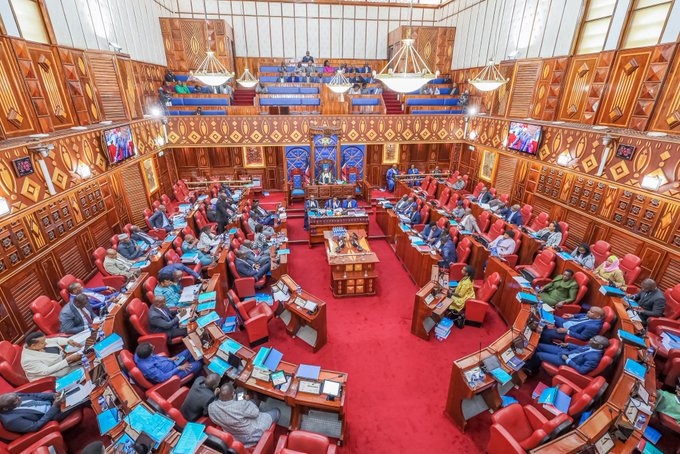Over the past 3 months of the year 2023, most regions in Kenya have experienced a spike in temperatures.
With the increased humidity and heat levels, a cool shower really goes a long way.
Though cold showers are not everyone's cup of tea, they provide a ton of benefits to the human body.
Exposure to cold water causes your blood vessels to constrict, which can help improve blood circulation throughout your body, thus improving blood circulation.
Cold water can also help reduce inflammation in your muscles and joints, which may be helpful for people with conditions such as arthritis or muscle soreness.
Cold showers can provide a jolt to your nervous system, which helps increase your alertness and mental clarity.
Cold showers have been shown to increase the production of white blood cells, which help improve your immune system.
Taking a cold shower reduces stress levels in your body, which can help you feel more relaxed and calm.
Wim Hof, also known as "The Iceman," a Dutch extreme athlete known for withstanding cold temperatures says,'' the cold also stimulates you to take deeper breaths, decreasing the level of CO2 throughout the body, helping you concentrate.''
However, there are some precautions you should take when taking cold showers, especially if you are new to this.
Start by gradually reducing the temperature of the water over a period of days or weeks.
Ease into the process slowly. This will allow your body to adjust to the cooler temperature and reduce the risk of shock.
Cold showers should generally be shorter than hot showers, as prolonged exposure to cold water can cause hypothermia.
Hypothermia is a medical emergency that occurs when your body loses heat faster than it can produce it, causing a dangerously low body temperature.
If you experience any discomfort or unusual symptoms during or after a cold shower, stop immediately and consult a healthcare professional.
According to health line.com people with high blood pressure, heart condition or heart disease should avoid a cold shower.












![[PHOTOS] Uhuru leads Jubilee grassroots meeting in Murang’a](/_next/image?url=https%3A%2F%2Fcdn.radioafrica.digital%2Fimage%2F2025%2F11%2F0b2a49cd-52fb-4a92-b9dc-26e253825a4a.jpeg&w=3840&q=100)



